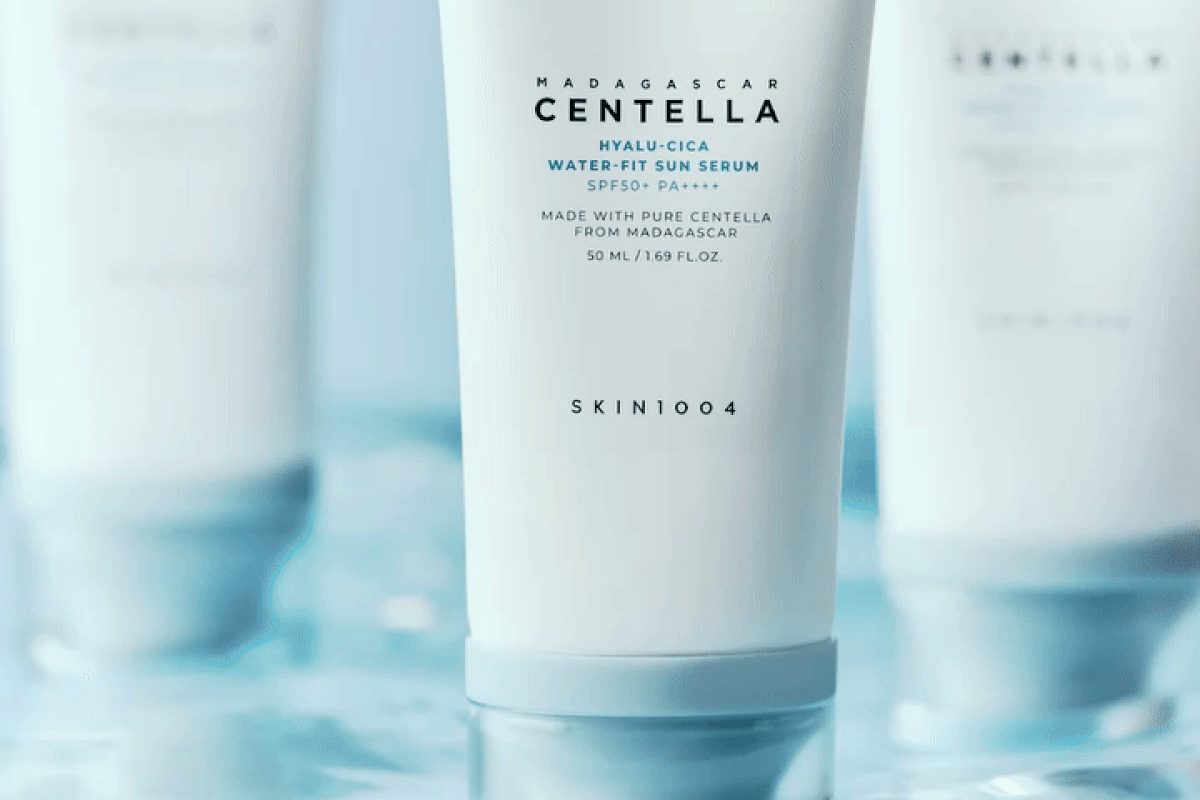When it comes to skincare, there’s a never-ending list of dos and don’ts. One common question is whether you can mix your serum with your moisturizer. Will it work just as well? Is it a bad idea? Let’s find the answer so you can decide what’s best for your skin.
How serums and moisturizers work
Serums are lightweight, water-based formulas with a high concentration of active ingredients. They’re designed to treat concerns like wrinkles, dark spots, or acne. Moisturizers, on the other hand, create a barrier on the surface of your skin to lock in moisture. They can also contain skin-loving ingredients, but those aren’t as concentrated as in a serum.
Mixing serums and moisturizers in the palm of your hand (not directly in the bottles) sometimes makes sense, but other times, it can hinder the effectiveness of the products by changing their chemical properties.
Pros and cons of mixing
There are times when mixing your serum and moisturizer can be effective:
- Convenience: Let’s face it, layering skincare products can be time-consuming. Mixing your serum and moisturizer saves time.
- Sensitive Skin: If you find some serums a bit too potent, mixing them with your moisturizer can dilute the active ingredients and make them gentler on your skin. A moisturizer with soothing or hydrating ingredients (like ceramides or hyaluronic acid) can help ‘buffer’ a strong serum (like retinol) to reduce the risk of irritation.
- More Hydration: If you have dry skin, mixing a hydrating serum (like one with hyaluronic acid) with your moisturizer can provide a serious moisture boost.
When layering is better
However, there are also cases where it’s best not to mix the serum and moisturizer and instead layer them individually:
- Maximum Effectiveness: Certain ingredients in serums work better when they’re not diluted. Think of vitamin C, retinol, and exfoliating acids – you want those hitting your skin at full strength for the best results.
- Pilling: Have you ever tried mixing a thick, creamy vitamin C serum with your lightweight gel moisturizer, only to find it all balling up? This is called “pilling,” and it can happen if you mix the wrong formulas together. Serums with a lot of slip and moisturizers with a tacky finish are especially prone to this.
- Irritation: Some ingredients just don’t get along. Mixing vitamin C with niacinamide or retinol with those pesky AHAs and BHAs can create a recipe for irritation or render the products less effective.
- SPF Matters: If you’re using a daytime moisturizer with sunscreen, layering is the name of the game. Mixing other products with your sunscreen dilutes it, making it less effective at protecting your skin. So better avoid it.
- Exfoliation: If you mix a BHA or AHA (exfoliating acids) with moisturizer, it’ll alter the pH level required for them to exfoliate your skin properly.
The verdict
Ultimately, whether you mix your serum and moisturizer comes down to your individual skin, the specific products you’re using, and your skincare goals. If in doubt, layering is always a safe bet (serum first, followed by moisturizer). But if you’re short on time, have sensitive skin, or just want a simpler routine, mixing may work well for you!





